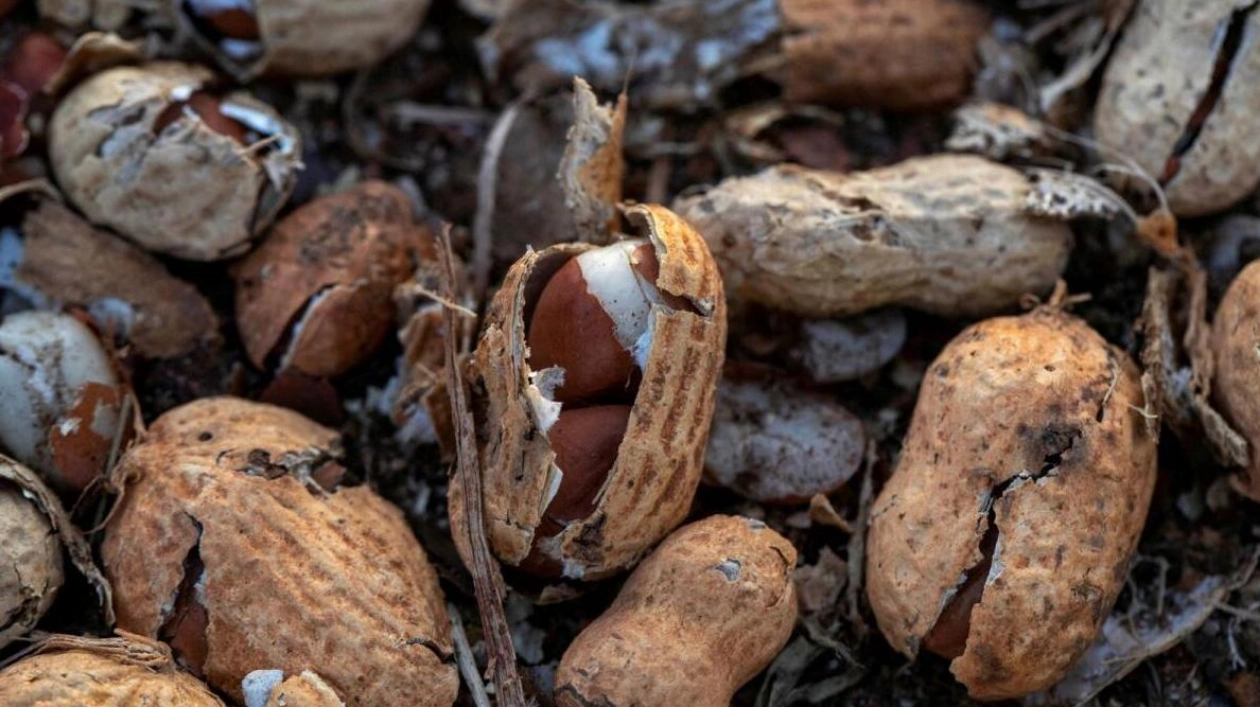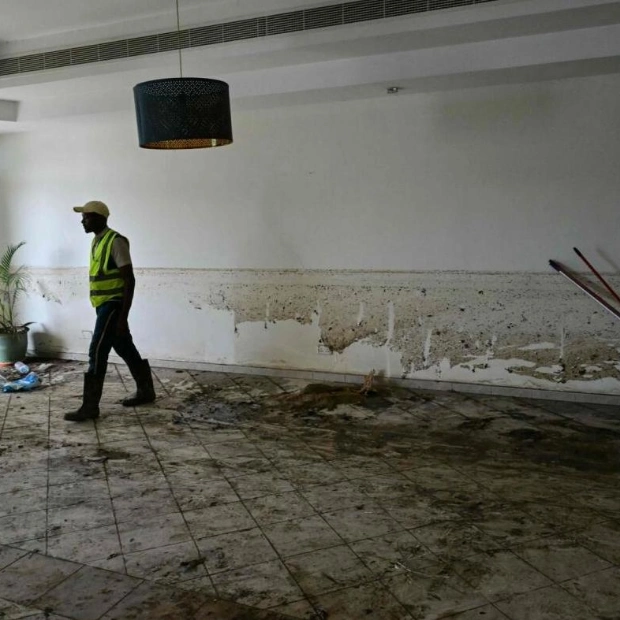Australian children at risk of fatal peanut allergies will be provided with a potentially life-saving treatment through a pioneering nationwide program. Officials announced on Wednesday that eligible babies will be given daily servings of peanut powder for two years to enhance their tolerance. Gradually, these infants will receive increased doses, aiming to lessen their sensitivity to peanuts, under the watchful eye of doctors at ten pediatric hospitals across the country.
This initiative marks the first national peanut allergy treatment program implemented in hospitals outside of a clinical trial environment, according to Kirsten Perrett, the head of oral immunotherapy at the National Allergy Centre of Excellence. After two years, a food allergy test will assess whether the treatment has achieved remission.
"Ultimately, we aim to alter the course of allergic diseases in Australia, enabling more children to attend school without the threat of a severe peanut reaction," Perrett stated. Previously, parents were advised to strictly avoid peanut-containing foods for their children. Australian children have among the highest rates of food allergies globally, with peanut allergies affecting three percent of children by their first birthday, according to government data. Only 20 percent of these children will overcome their allergy by their teenage years.
Nine-month-old Hunter Chatwin, who is part of the free treatment program, began developing hives after consuming peanut butter. "We are participating in the program to increase his chances of safely eating peanuts in the future," said Hunter's mother, Kirsten. "Many families are eager to safeguard their children from allergic reactions and anaphylaxis. Having this program available and free at public hospitals is a significant advancement." If the program proves successful, it will be expanded to include regional and remote areas.
While deaths from peanut allergies are uncommon in Australia, nearly 20 percent of the population suffers from an allergic disease, according to data from Australia's leading allergy institute. This figure is projected to rise by 70 percent by 2050, affecting 7.7 million Australians.






